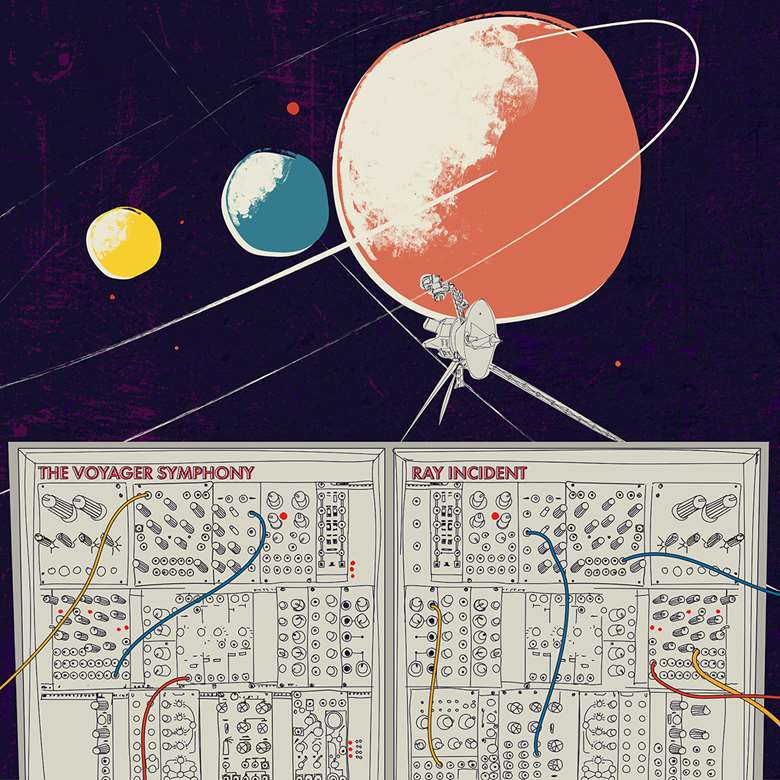Ray Incident on the newly-released Voyager Symphony
Wednesday, August 24, 2022
The anonymous artist on the classical inspirations behind the music

Register now to continue reading
Thanks for exploring the Gramophone website. Sign up for a free account today to enjoy the following benefits:
- Free access to 3 subscriber-only articles per month
- Unlimited access to our news, podcasts and awards pages
- Free weekly email newsletter








